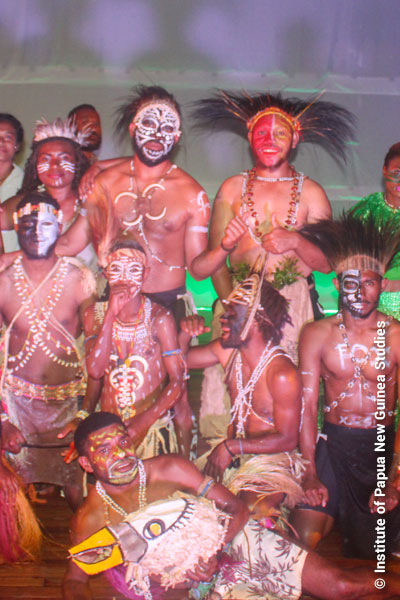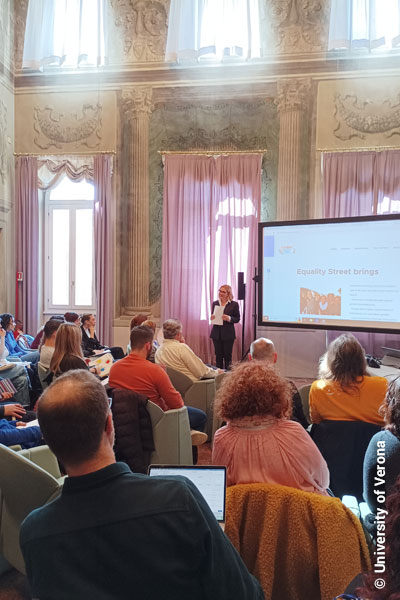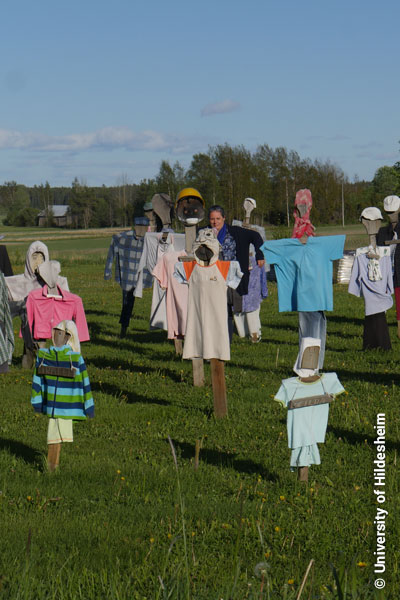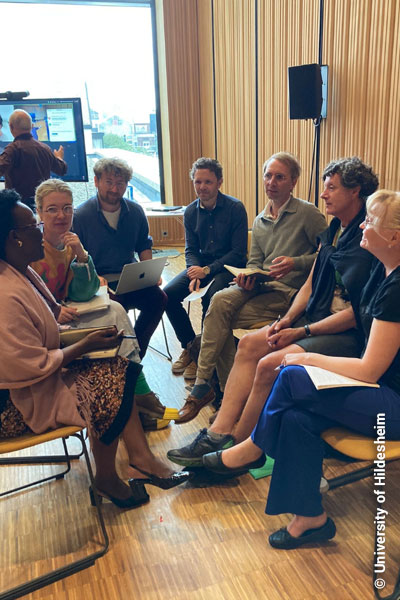In a significant stride toward fostering cultural democracy, the European Commission has awarded nearly €3 million to a consortium of 13 universities and arts organizations spanning Europe and the South Pacific. This three-year initiative, titled “Intercultural and Transcultural Competence Through Collaborative Cultural Expression” (INTRACOMP), aims to reshape arts education by developing comprehensive educational frameworks and policy directives that promote inclusive cultural collaboration.
Spearheaded by Nord University, with coordination by Professor Nicholas Rowe—UNESCO Chair in Dance and Social Inclusion—the project addresses the evolving role of arts education amid global challenges such as forced migration, climate-induced displacement, and socio-political upheavals. Professor Rowe emphasizes the critical impact of collaborative artistic engagement on future social inclusion, diversity, and equality, stating, “How we learn to collaborate and participate through the arts will have a huge impact on social inclusion, diversity, and equality in the future.”
INTRACOMP unites experts from diverse fields—including arts, education, sociology, psychology, public policy, and technology—to cultivate a supportive global ecosystem for cultural collaboration. The project challenges Eurocentric cultural norms by advocating for equitable spaces that honor diverse cultural expressions, ensuring that every individual and community finds a place to belong.
Rector Hanne Solheim Hansen of Nord University lauds this endeavor as a testament to the institution’s commitment to innovative research and social sustainability. She highlights the potential of creative processes to establish arenas of true equality, where co-creation leads to genuine inclusion and shared visions for a better future. Dean Rosemary Martin echoes this sentiment, recognizing the project’s significance in addressing pressing global issues and its potential to influence both European and international cultural landscapes.
Over the next three years, INTRACOMP’s transdisciplinary and cross-sectoral team will work diligently to transform policies, practices, and public pedagogies related to culture and education. By harnessing the power of artistic collaboration, the project aspires to reimagine the world, fostering inclusive societies where cultural collaboration prevails over domination.
Read more about Nord’s announcement in this link.




